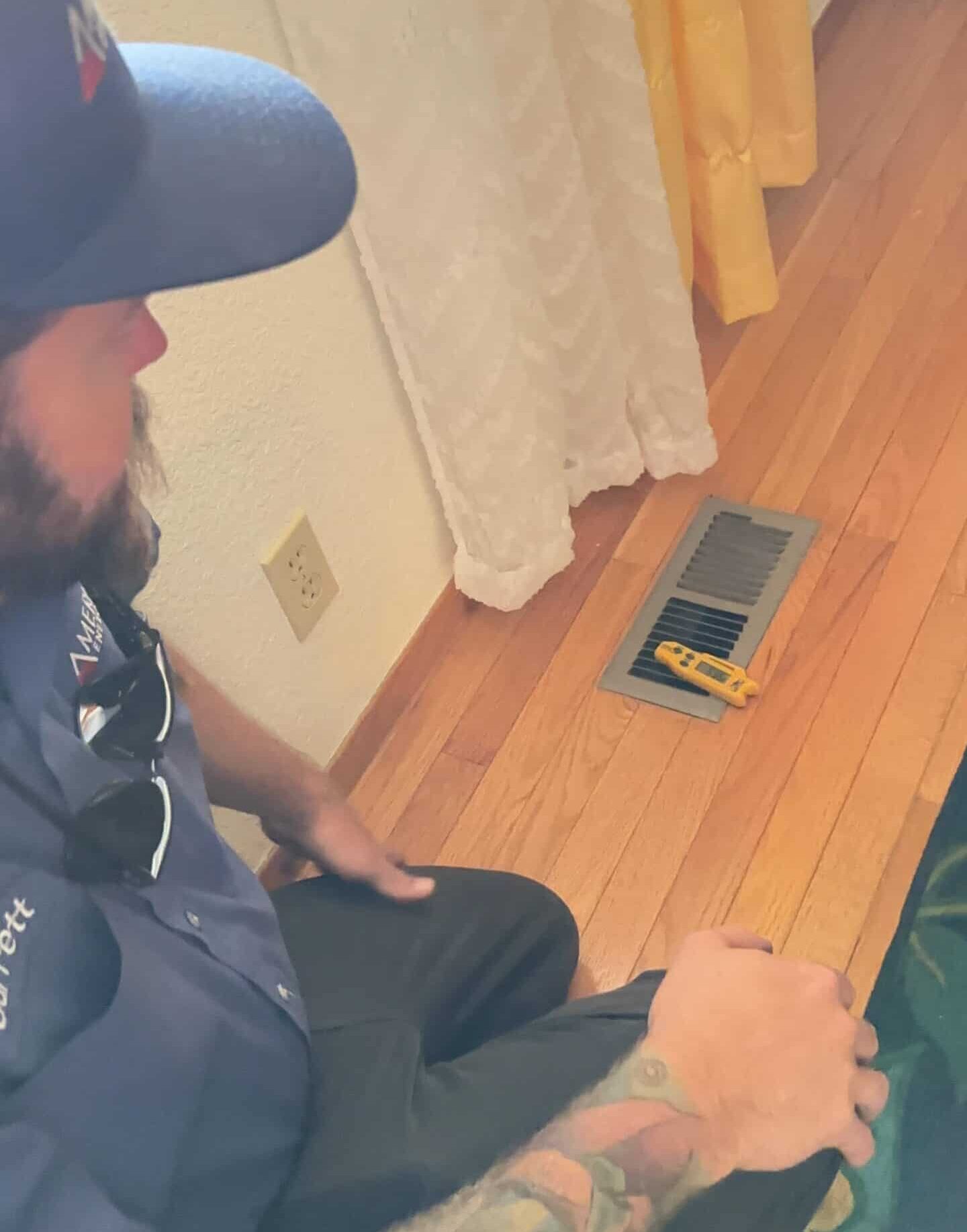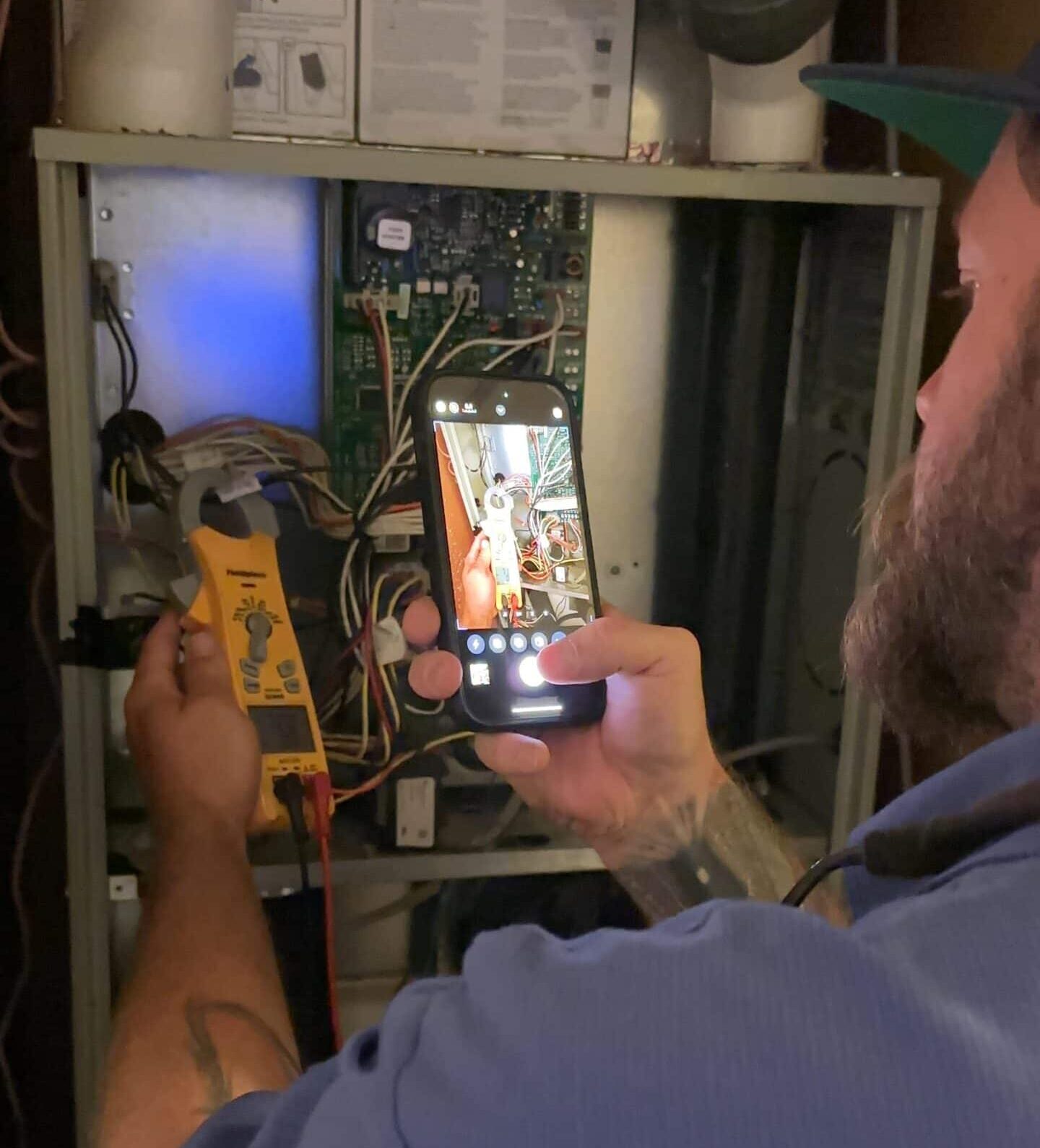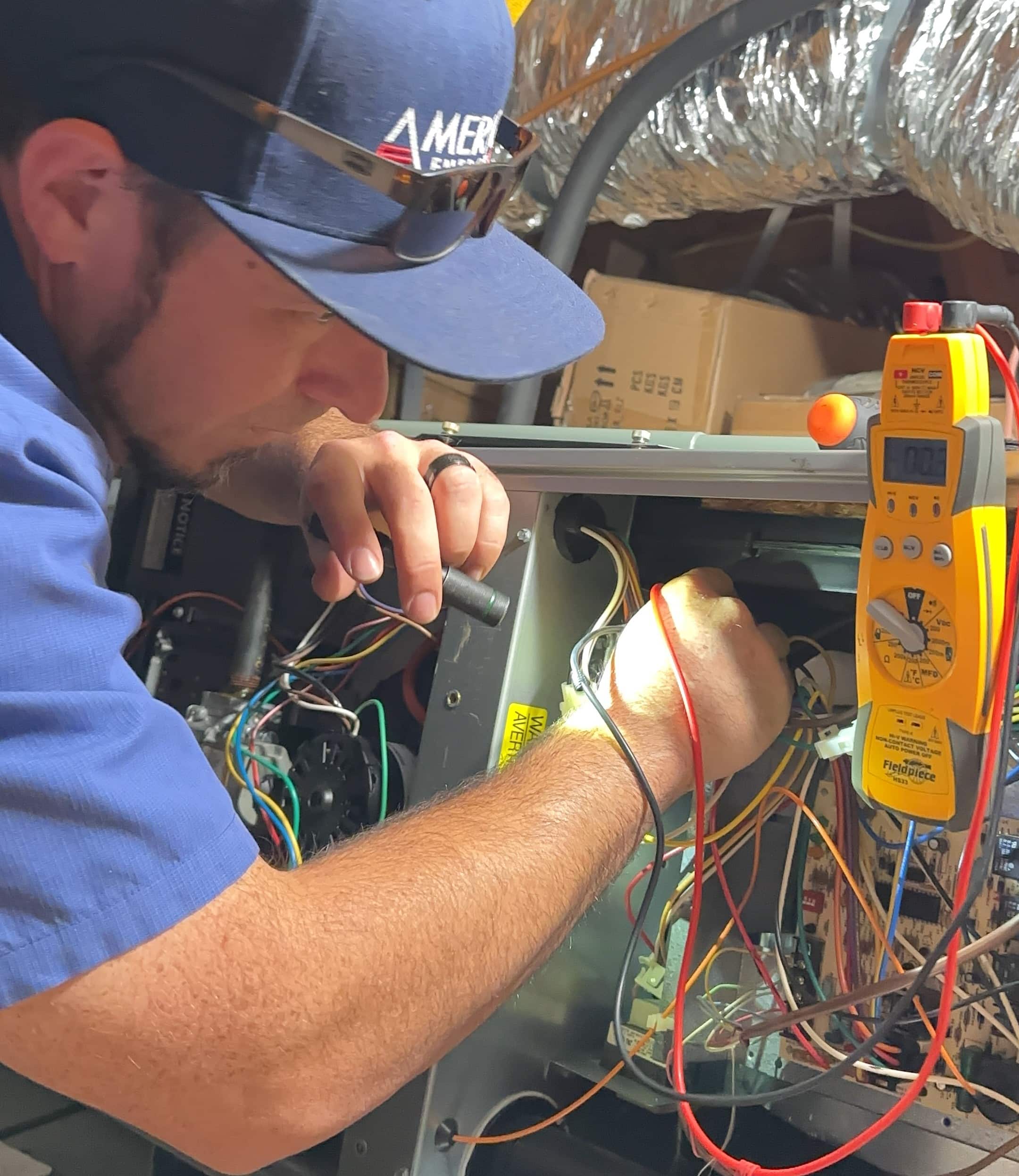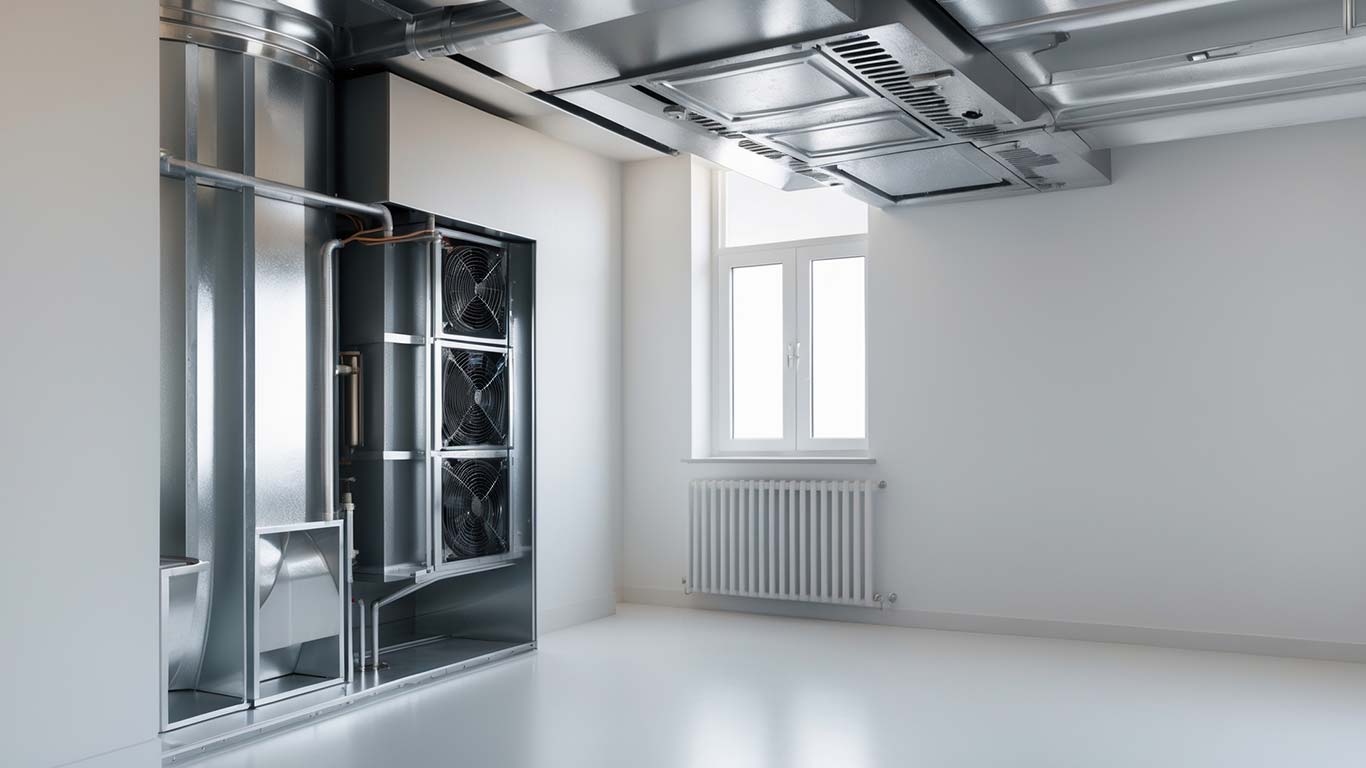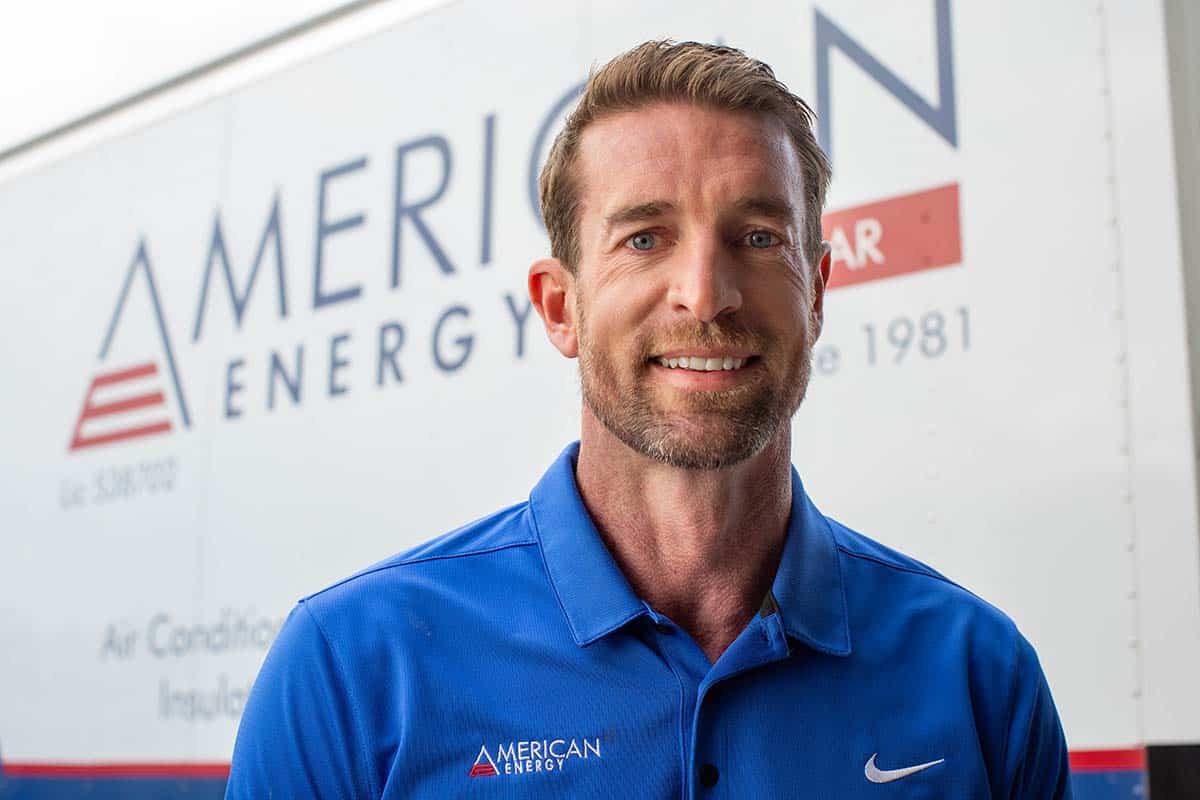What's the Average AC Unit Lifespan?
As a homeowner, keeping on top of regular HVAC maintenance can increase AC unit lifespan, but how long should you expect it to last?
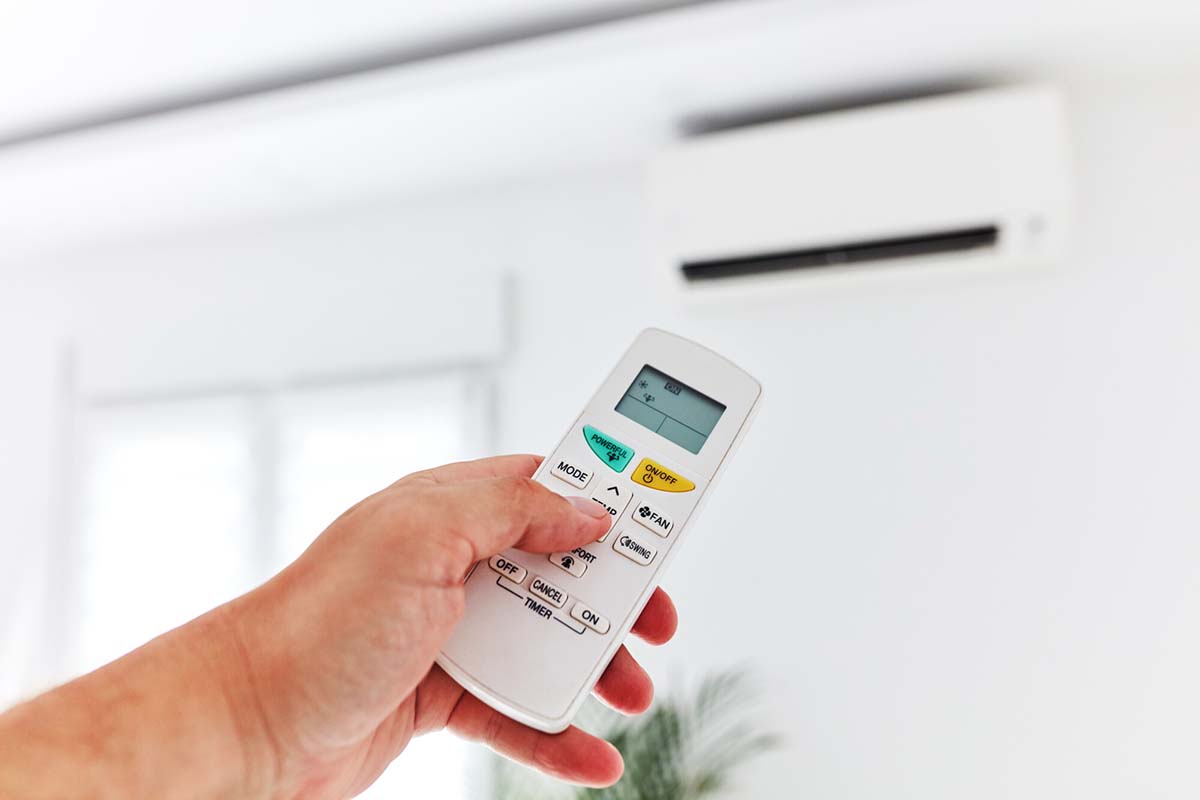
AC Unit Lifespan
These days, almost 90% of all homes in the United States have some form of air conditioning. This leads to many people replacing them regularly, and more are sold every day. Though, if you need to replace them someday, it would be useful to know the average AC unit lifespan.
This article will explain what the average lifespan of an HVAC or air conditioning unit is. By the end, you should be able to start planning for your future in the AC arena.
The Average AC Lifespan
It is hard to say with much accuracy how long an air conditioning unit will last once put into use. In truth, there are too many factors that could impact how long it will take before the unit gives up the ghost.
This is without even getting into the fact that different AC units might be of different quality when new. This difference will exist because their different manufacturers have different standards.
If you want a ballpark figure, you can often expect that an HVAC system will last you at least 10 years. Although, some will last between 15 and 20 years if cared for more. After that time, you might even start to have trouble finding replacement parts if anything goes wrong, and the unit is likely to start to slow down.
What Could Effect an HVAC lifespan?
An HVAC unit’s lifespan is fragile. The AC has many moving parts, not to mention the electronics that power it. On top of that, it is often more affected by the outside world than any other piece of technology in your home.
The following are some things that might affect the date at which you need an AC unit replacement or AC maintenance.
Installation Quality
You must ensure the people who install your AC do so with high quality and professionalism. Many things could go wrong when installing a piece of equipment such as this. As such you need to know you are receiving the best treatment possible.
Issues that a low-quality installer can cause include:
Poor Drainage
This can cause a huge buildup of moisture in your system. This then creates possible electrical faults, as well as mold growth and the natural breakdown of the AC unit.
Poor Thermostat Placement
If a company does not know enough about installing thermostats, it may end up in the wrong place. This could then fool the AC into believing it needs to run more often than it does, wearing the unit down faster.
Wrong Amounts of Refrigerant
Once the installer has set up the unit, they will need to add a refrigerant to get it working. If they add too much, it could end up causing long-term damage to the unit, causing it to wear out much faster.
Well-Sized Units
Installing an air conditioner unit demands decisions long before you place the unit into your home. Also, when shopping for a unit, you must judge it based on the correct size of system for your home.
If you have a unit that is too large or small, you could end up with energy efficiency issues or, worse, higher-than-normal long-term wear to the unit. If you install a unit that is much too large, it may need to turn off much more often, cycling between modes. Whereas, if it is too small, it will end up working much too hard over a longer period.
Either way, the AC unit will not be working as intended and will end up breaking down much faster.
Long-Term Settings
When your air conditioning is set up, you should take the time to ensure that its settings match your personal needs and the local environment. Many AC units allow you to adjust this based on a thermostat or other sensor. So, make sure that when it is warm enough the unit turns on, and when it is cold enough it cools back down.
If you do not set this in the right way, you will end up with the AC on more than it should be. This will then lead to overuse and a reduced lifespan for the unit.
Similarly, you should make sure that any physical aspects of the air conditioning unit are adjusted to fit the environment. Direct any vents to the center of any room, and make sure that the airflow in and out of the machine is clear to prevent the motor from overworking.
Local Climate
The location where you install the HVAC might have a strong effect on the long-term life span of the object. There might be any number of ways that this could bear true, including…
Sea Air
If you live close to the ocean, then the salty air can cause a buildup of deposits within the fans or other areas of the device.
Humidity
This can cause rust, and will likely cause a unit to be run more than in drier areas where the heat is not as cloying to human skin.
Maintenance
There are several things that you can do to ensure that your AC lasts as long as possible. One of the main ones is to make sure to inspect your AC filter at least once every month. If it is then filled with dust and detritus, clean it.
It is also sensible to get a professional to take a look at your unit once every few years. They will be able to check that it is running well and even adjust some of the settings to ensure that it continues smoothly.
Increase Your AC Unit Lifespan
With the information contained in this article, you should have a much better basis for understanding what your AC unit lifespan is likely to be. If you want it to last longer, though, you need experts in installation and maintenance to make sure that it is securely fitted.
Our professionals can help you ensure that you have a fully-functional HVAC and that your AC unit lifespan is as long as possible. So, give us a call and see what we can do for you.


